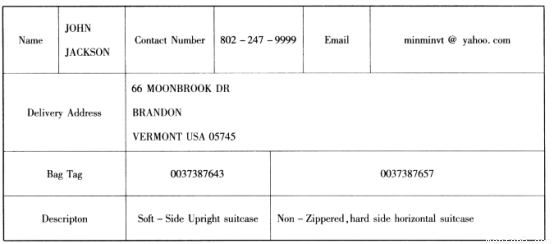题目内容
短文改错
阅读下面短文并改正文中错误。共有 10 处错误,每句中不超过两处错误。错误涉及一个单词 的增加、删除或修改。
增加:在缺词处加一个漏字符号(Λ),并在其下面写出该加的词。
删除:把多余的词用斜线(\)划掉。
修改:在错的词下划一横线,并在该词下面写出修改后的词。
注意: 1.每处错误及其修改均仅限一词; 2.只允许修改 10 处,多者(从第 11 处起)不计分。
This morning, our school held a fire drill. We were listening to the teacher attentively in the math class while we heard the fire alarm from the speaker on the wall. The teachers stopped teaching immediately and instructing us to exit the classroom in order. When it got into the passageway, we found we were surrounded by heavy smoke somewhere. It was choking and our tears ran down. We bent down, covered our mouths with handkerchiefs, and ran downstairs rapid into the open on the playground, just as we had taught before.
When we come back to our classroom, we gave a summary of this fire drill. I think the fire disasters often happen. So we should know the tips to escape from a fire for case of emergency.
 期末冲刺100分创新金卷完全试卷系列答案
期末冲刺100分创新金卷完全试卷系列答案

